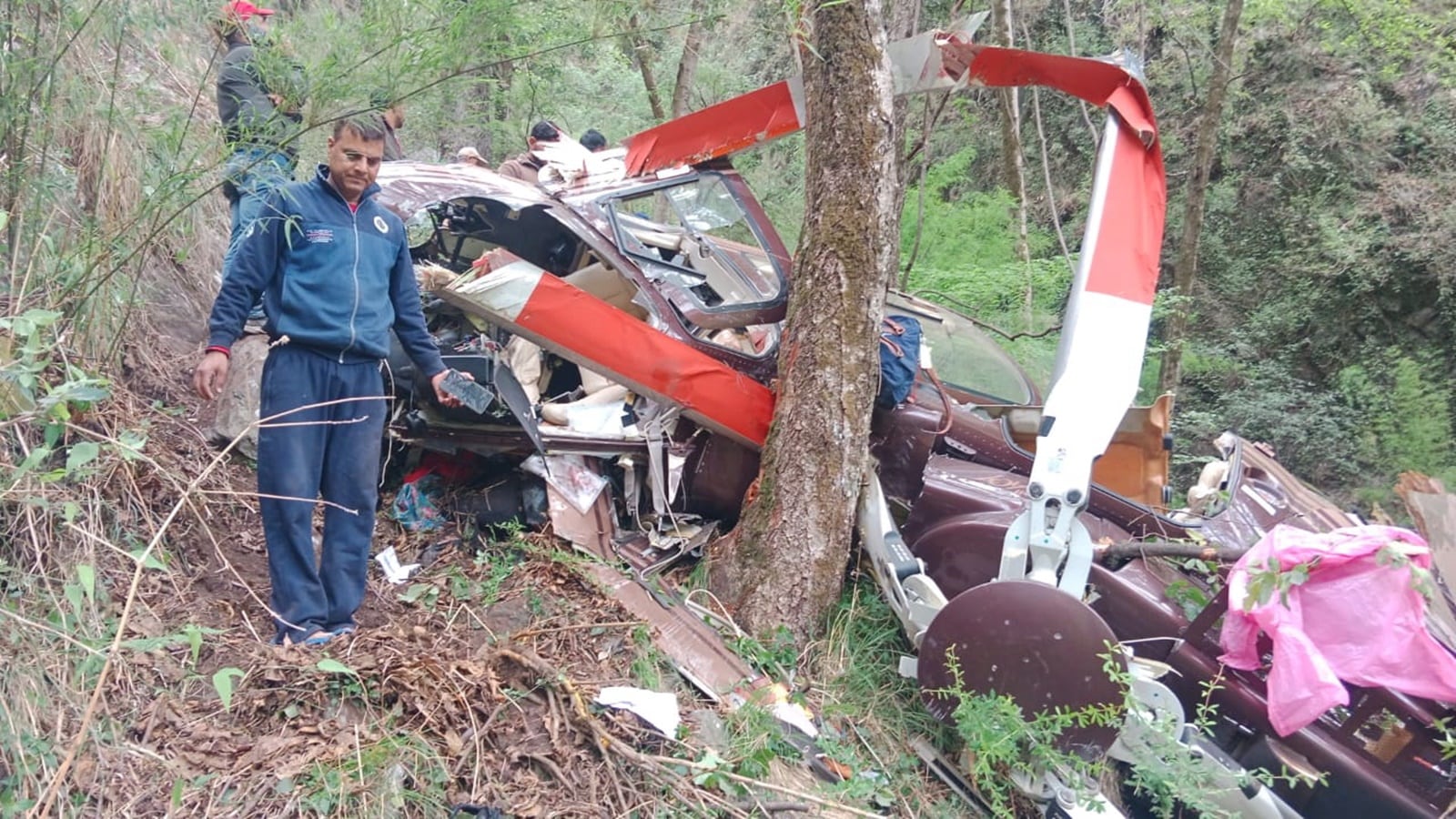In a preliminary analysis of India’s response to the April 22 Pahalgam terror attack, former National Security Advisor (NSA) and Foreign Secretary Shiv Shankar Menon, who has also been India’s Ambassador to China, Pakistan, Sri Lanka, and Israel, told The Hindu that Indian diplomacy has not failed to convey India’s position on terrorism, as speculation suggests, but countries will respond to fears of conflict with Pakistan according to their own interests.
From 2008 to 2025, do you see India’s responses to terror attacks as a gradual evolution, and what should one expect after the next terror attack?
Right now, I think nobody knows, which is why even the Government of India describes it as a ‘pause’. It’s not resolved. Israelis have a phrase — ‘mowing the grass’. Force is useful to mow the grass, but the grass grows again. And given Pakistan’s situation and the nature of the Pakistani polity, and the role of the Pakistan Army and its use of the jihadi tanzeems (organisations) against India… this problem of having to mow the grass regularly is going to be with us for some time. Terrorism is not an engineering problem with a logical solution.

Given China’s role in supporting Pakistan, do you think, India’s strategic challenges have shifted from disparate challenges to a two-front war?
Militarily, I don’t think we know enough, but we clearly have seen the Pakistan Army itself shift in terms of doctrine, in terms of tactics, and in terms of reliance on Chinese equipment, Chinese theories, Chinese ways of war. And both the Pakistanis and the Chinese have made much of this in their narrative, and their projection and their propaganda. There have been very strong Chinese statements of support for Pakistan in 1971 and 1965, and so on. But they never did anything. Question is, what did they actually do to help Pakistan? There’s a level of military fusion there, which is much closer than it’s ever been before, and that is something worth watching.
On Operation Sindoor, the Chief of Defence Staff has not given too many details of what happened, but has given an understanding of how the conflict escalated. What is your analysis?
I don’t think we know enough to say conclusively what happened, because the government doesn’t deny that there were losses on India’s part, but don’t confirm it either.
No war goes according to plan. And as somebody said, the first casualty of a battle is the plan of attack. Question is, can you learn quickly enough? Can you adjust? And can you then go on moving forward towards your objective?
Do you think more information should be put out?
You can’t have a conflict without losses. There are lessons to be drawn about strategic signalling here and about narrative control here, because I think we could have been quicker off the block with responses during Operation Sindoor. I was outside India at that time, and I could see that Pakistan’s responses were at least six to 12 hours ahead of India’s. They were the ones out first with their version.
Militarily India did well, judging by whatever we know in terms of air defence, in terms of our own equipment, and in terms of tactics and strategy as well. Unfortunately, Indian media made us seem less credible by a lot of the stories that they were putting out, which didn’t stand the test of reason. Just watching what they were saying (reports of the bombardment of Karachi, Pakistan PM’s residence, military coup, etc.), were patently untrue, and that didn’t help at all. The [government’s] silence didn’t help either. There are lessons to be drawn from any conflict, and in this case, I think the communication is certainly one of them.

Did Indian diplomacy fail, as is being portrayed, given that India did not seem to receive clear messages of support for Operation Sindoor, as Pakistan did from countries like China and Turkiye, and given Mr. Trump’s statements?
Not at all. Countries will choose to react to an attack or a situation based on their interests, on what they can get out of it. For Turkiye, for China and so on, here was an opportunity to consolidate their ties with Pakistan, which is important to them for various reasons. And they chose to do it. India got the world’s support on the terrorist attack. When it came to a conflict, however, they’ve seen this conflict for 80 years. You don’t expect them to send you letters of support in a conflict. India didn’t ask for it, and shouldn’t expect it either. India maintains that it will settle its issues bilaterally. So why would we ask other countries for support or their opinion about what we do? If your self-esteem is so weak that you need other people to tell you ‘well done’, then frankly, you are not a serious strategic power. People will use your conflicts, for their interests, to suit their own purposes, and in this case, it serves Mr. Trump’s political purposes to claim the credit to say that something’s working, that is he’s important, that he matters.
Was there a need for the government to send the parliamentary delegations abroad… they didn’t go after 2016 or 2019?
I think it’s useful to signal that India is united. If the government wanted to shift the narrative from the conflict being about two ‘irresponsible nuclear weapon states who were on the brink’ and were ‘saved’ by Mr. Trump from doing something silly, then it needed to go out and send a different message. I do think it’s useful also domestically, if this is the beginning of an attempt to make foreign policy non-partisan. I’m not sure why the government didn’t send delegations to the neighbourhood and to talk to them. They should have.
Published - June 14, 2025 05:51 pm IST



.png)
.png)
.png)
















 14 hours ago
3
14 hours ago
3









 English (US) ·
English (US) ·